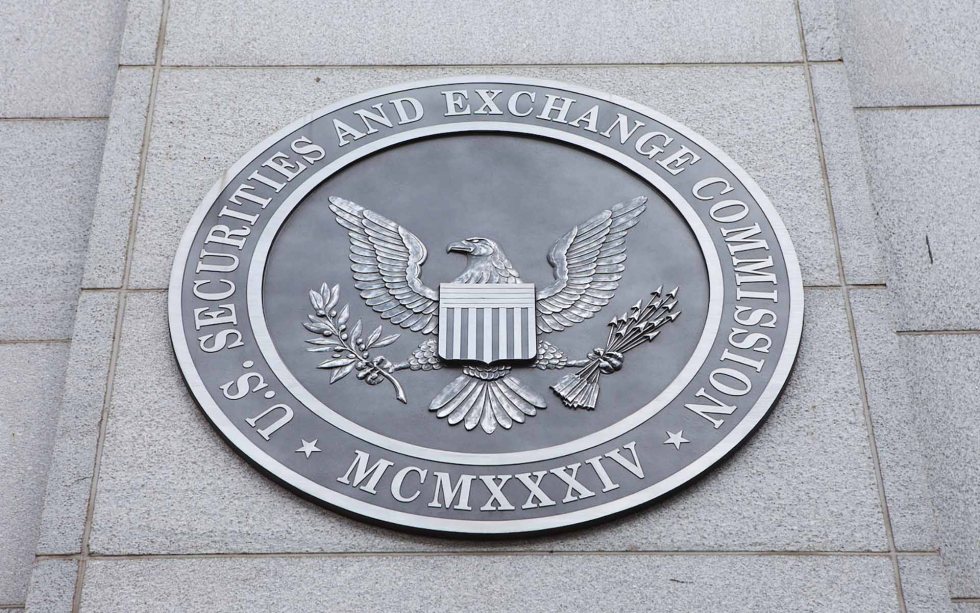The US Securities and Exchange Commission (SEC) this week approved plans for public comment which would make it easier for investment companies to bring new exchange-traded funds (ETFs) to market. Could these new rules enable the creation of more blockchain-based ETFs?
The SEC’s proposed changes would remove the need for many ETFs to seek special permission from the SEC and is targeted towards what the industry describes as “plain vanilla” ETFs. The proposal met with unanimous approval from SEC commissioners.
New Rule Will Apply to Most ETFs
SEC Chairman Jay Clayton says the new rule would “level the playing field” and that:
The proposed rule would cover most ETFs operating today and all similar ETFs that sponsors may seek to launch in the future.
Clayton did qualify his statement by explaining the new rule wouldn’t cover all products, some would require greater scrutiny. Complex leveraged products sometimes called “exotic” ETFs, for example, would not be eligible for the new process the rule would create.
In theory, the change could open up the market for investment firms offering blockchain-based ETFs. That is, ETFs which – instead of investing in cryptocurrencies themselves – invest in companies developing, or based on, blockchain technology. Blockchain-based ETFs can be viewed by traditional investors as a less risky way to capitalize on the new blockchain economy.
In practice, there has been no clarification as to whether blockchain-based ETFs would require “greater scrutiny.” They might not if they meet the industry definition of “plain vanilla,” simply based for example, on share options or bonds with no “exotic” features like extra rules for meeting a certain price point before becoming active.
Impact on Bitcoin-based ETFs
Though the SEC has yet to specifically mention blockchain or bitcoin-based ETFs in reference to these discussions it is almost certain that bitcoin-based ETFs, which invest directly in cryptocurrencies themselves, are unlikely to see any favor from the proposed new rules.
The SEC is currently reviewing applications for a number of bitcoin-based ETFs and is holding back on the approval due to unanswered questions pertaining to the cryptocurrency markets and the way coins are valued and regulated. According to reports, the SEC has rejected over a dozen applications already.
Dalia Blass, SEC Director of Investment Management, penned a letter in March 2018, outlining the SEC’s concerns regarding bitcoin-based ETFs.
The approval of a bitcoin-based ETF would be significant, with some experts predicting this might now happen sooner rather than later.
Indeed, the SEC is seeking public feedback on an application by CBOE Global to list an ETF with bitcoin shares backed by VanEck and SolidX in documents published on the SEC website on June 26th, 2018. The move by the SEC could well signify a change in its attitude towards ETFs that invest in cryptocurrencies.
If the new rules proposed by the SEC are implemented it will be interesting to see whether blockchain-based ETFs are treated in the same way as ETFs investing in more traditional companies and technologies. If the SEC is actually targeting “plain vanilla” ETF structures with the more relaxed approach this could be the case.
The SEC could also decide that blockchain-based ETFs require “greater scrutiny,” however, the loosening of the regulatory pressure on the $3.6 trillion USD market for ETFs still marks progress which could eventually see both blockchain-based and bitcoin-based ETFs as common features of institutional markets.
Todd Rosenbluth, director of ETF & mutual fund research at CFRA Research, told Reuters the proposed rule change could:
Support new ETF launches, particularly tied to long-term thematic approaches, from small independent asset managers.
The SEC has approved seven blockchain-based ETFs in 2018 to date and Canada approved its first blockchain-based ETF in February 2018.
Do you think the proposed changes will enable the creation of more blockchain-based ETFs? Will it open the door for Bitcoin-based ETFs? Let us know in the comments below.
Images courtesy of Shutterstock
